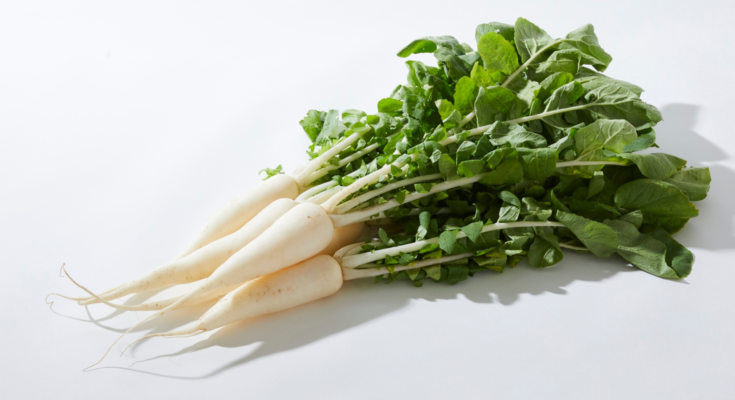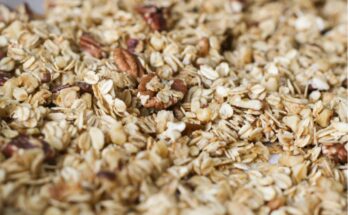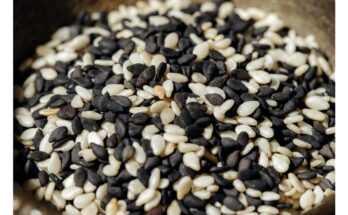Radish is one of the most widely used vegetables around the world. It is a hairy annual herb with a single root that can be round, cylindrical, or tapered. The root is usually white or red, slightly rough, juicy, and crunchy. It measures about 15 to 25 cm in length and 2.5 to 6.5 cm in thickness, with a sharp, spicy taste. Radish is known to improve appetite and promote healthy blood circulation.
Types of Radish
Radishes come in different sizes and colors, with red and white being the most common. When young, they are tender and easy to eat, but they become hard and tough as they mature.
Nutritional Value of Radish (per 100g):
- Moisture: 94.4 g
- Carbohydrates: 3.4 g
- Fiber: 0.8 g
- Protein: 0.7 g
- Minerals: 0.6 g
- Vitamin C: 15 mg
- Calcium: 35 mg
- Phosphorus: 22 mg
- Iron: 0.4 mg
- Fat: 0.1 g
- Vitamin B Complex: Small amounts
Nutritional Value of Radish Leaves (per 100g):
- Moisture: 90.8 g
- Calcium: 265 mg
- Protein: 3.8 g
- Phosphorus: 59 mg
- Fat: 0.4 g
- Iron: 3.6 mg
- Minerals: 1.6 g
- Vitamin C: 81 mg
- Fiber: 1.0 g
- Carbohydrates: 2.4 g
- Vitamin B Complex: Small amounts
Health Benefits of Radish
- Radish Root:
- Helps prevent and treat scurvy due to its high vitamin C content.
- A mixture of one teaspoon of radish juice, honey, and rock salt can relieve sore throat, cough, and chest problems when taken three times a day.
- Radish Leaves:
- Act as a natural diuretic, laxative, and help prevent scurvy.
- Juice made from radish leaves mixed with sugar can help treat jaundice. Drinking about 500 ml of this juice daily improves appetite and digestion.
- Radish Seeds:
- Have bleaching properties that can help lighten skin and remove blackheads and freckles.
- A paste made from radish seeds and water can treat ringworm and other skin issues.
Radish is not only a tasty addition to your meals but also a powerful natural remedy for various health issues. Adding radish and its leaves to your diet can improve overall health and well-being.




